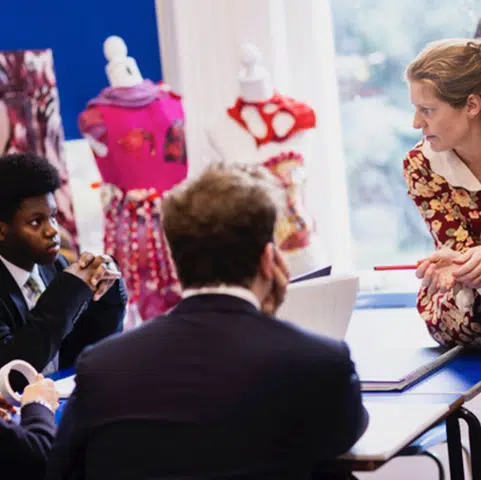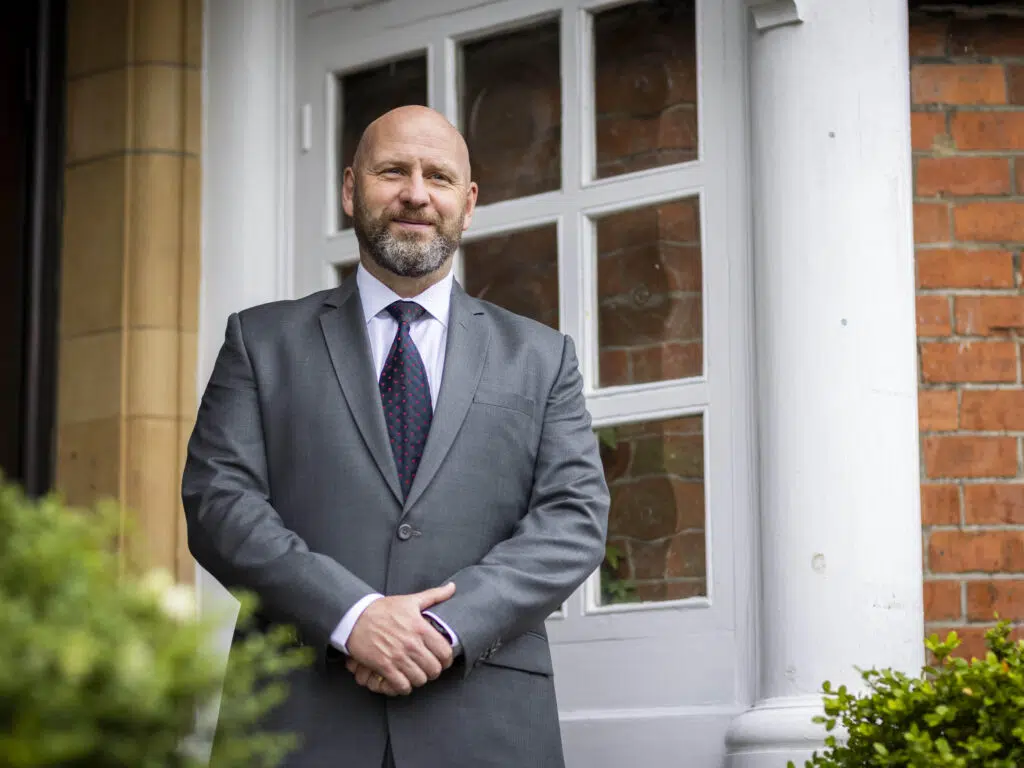Dear members of the Earlscliffe community,
Today is Armistice Day in the United Kingdom, Commonwealth, USA and France. The date marks the end of hostilities in World War One, and it is just over 100 years since the end of that war. A war where Napoleonic tactics of ranks of soldiers moving in unison met the industrial mechanisation of warfare which resulted in death on an almost unimaginable scale. As many allied soldiers died on the first day of the battle of the Somme as the USA lost in the entire Vietnam War.
As soon as the war ended, there was a strong sense that it should be marked and called to mind regularly, so that those who sacrificed all should not be forgotten. Their duty is done. Our duty continues. We must not forget. Not to glory in war, nor to wallow in vicarious misery, but to thank and praise and appreciate what was given to us, and for us. And so it was agreed that the moment when the guns finally stopped – 11 o’clock in the morning of the 11th of November 1918 – was to be the time when those in the commonwealth of nations would pause and call these sacrifices to mind.
Yet ever since the first Armistice Day was marked in 1919, remembrance has not been without controversy. At the end of World War One – The Great War as it was then known – some veterans objected to the construction of stone monuments to the dead, calling them macabre and asking instead that the money be spent on village halls, and on hospitals and practical projects. And I can see their point. Some object to the red colour of this poppy – a flower chosen because it grew in Flanders across muddy battle fields churned up by high explosives. Some wear a white poppy instead. Some veterans will not wear a poppy at all, feeling that every day should be a day of remembrance, not just one day or one week, and I invite you to look into and consider that debate.
Initially Remembrance Day was marked on 11 November annually, whatever day of the week that was. It was later moved to the Sunday nearest to 11 November and some were aghast at the implication that remembering the war dead should not get in the way of the progress of the working week. And I can see the validity of this point too. Have we placed Remembrance Day on the Sunday nearest 11 November just for convenience’s sake?
The poppy I wear today as a symbol of remembrance says ‘Poppy Appeal’ in the middle. When I was a child, this charity was called the Haig Fund. But Field Marshal Douglas Haig was remembered by some more as a controversial commander in World War One than for his work, to which he dedicated the latter part of his life, in support of veterans and the families of the fallen, and so the name was changed. I invite you to research the man’s life and actions and form your own opinions. What is undeniable, is that the Hundred Days Offensive was one of the greatest British victories ever achieved and demonstrated the newly created strategy of combined operations – a strategy that remains in use to this day.
And now we face a new challenge to events such as this one. There are those who claim memorials and moments of silence, and contemplation of beautifully expressed sentiments glorify war, wallow in death and honour slaughter. Or perhaps you feel that such moments as today are times to thank and praise what was given to us, and for us, not just in the First World War, but in all conflicts. I cannot imagine the heart of a person who could glorify war. In my service, I never met anyone who did. In my heart, I hold those who have given all in glory. We all know what is in our hearts. It is not hatred and the desire for death. It is love, and a longing for peace. And it is thankfulness.
In that atmosphere of thankfulness, the school paused at 11 am today for two minutes, and we also, in unison, read aloud John McCrae’s poem ‘In Flanders Fields’. It has a haunting, lulling and hollow sound, but contains some stark and even shocking moments; the narrative voice is that of the dead, passing on the challenge and asking us to continue the fight against the foe. That enemy has long since become a friend, but I believe there is still a foe at large. That foe is complacency, the assumption that democracy, so hard won, is irretrievably utterly flawed and needs to be swept away. Many call for wholesale change, confident that they alone know what is right for the world, and that the law of unintended consequences will not apply, not this time, despite the horrors history has shown us when we give in to the desire for control and only one voice that denies all other opinions. Democracy is the worst form of government – except for all the others that have been tried. If for no other reason than the sacrifices which won it, we should pause before abandoning so hard-won a gift.
For that reason today, as well as considering the sacrifice of those who gave all, we consider the reason for that sacrifice and what they hoped to save.
May we all live in peace today and for all of our tomorrows.
Joss Williams
Head Teacher


